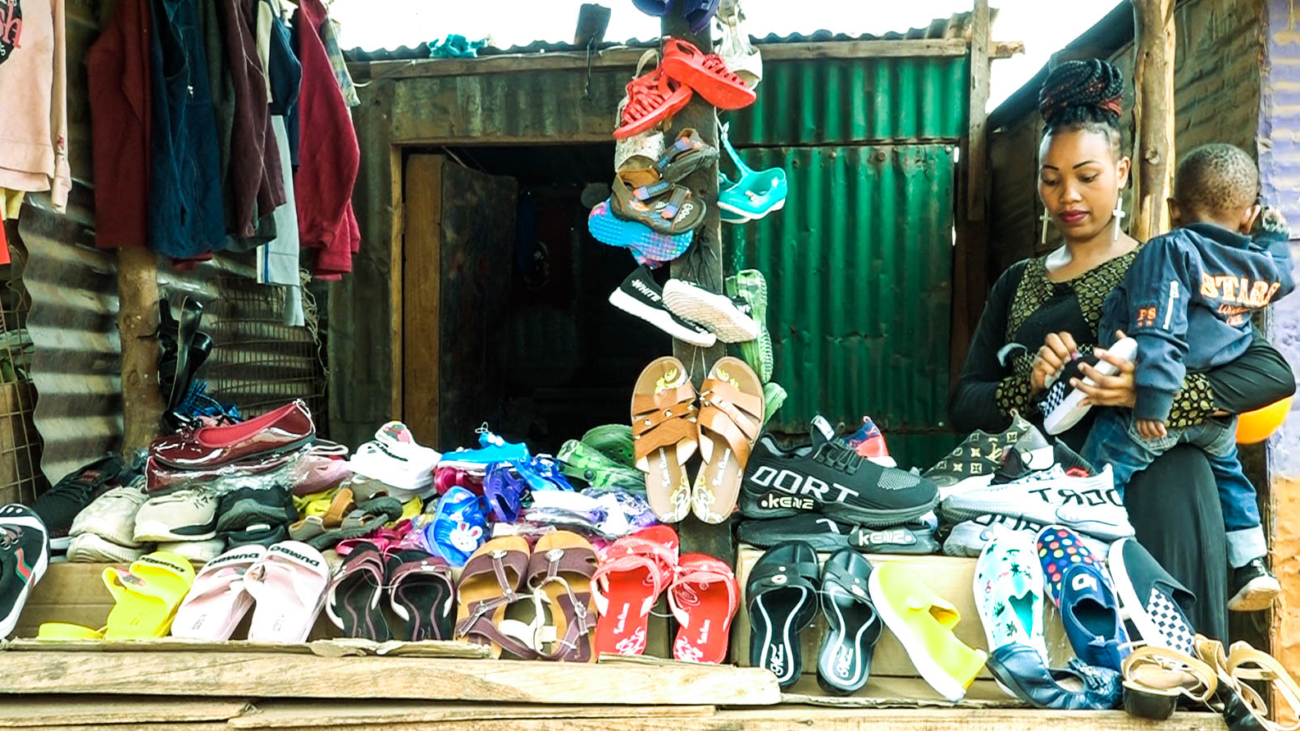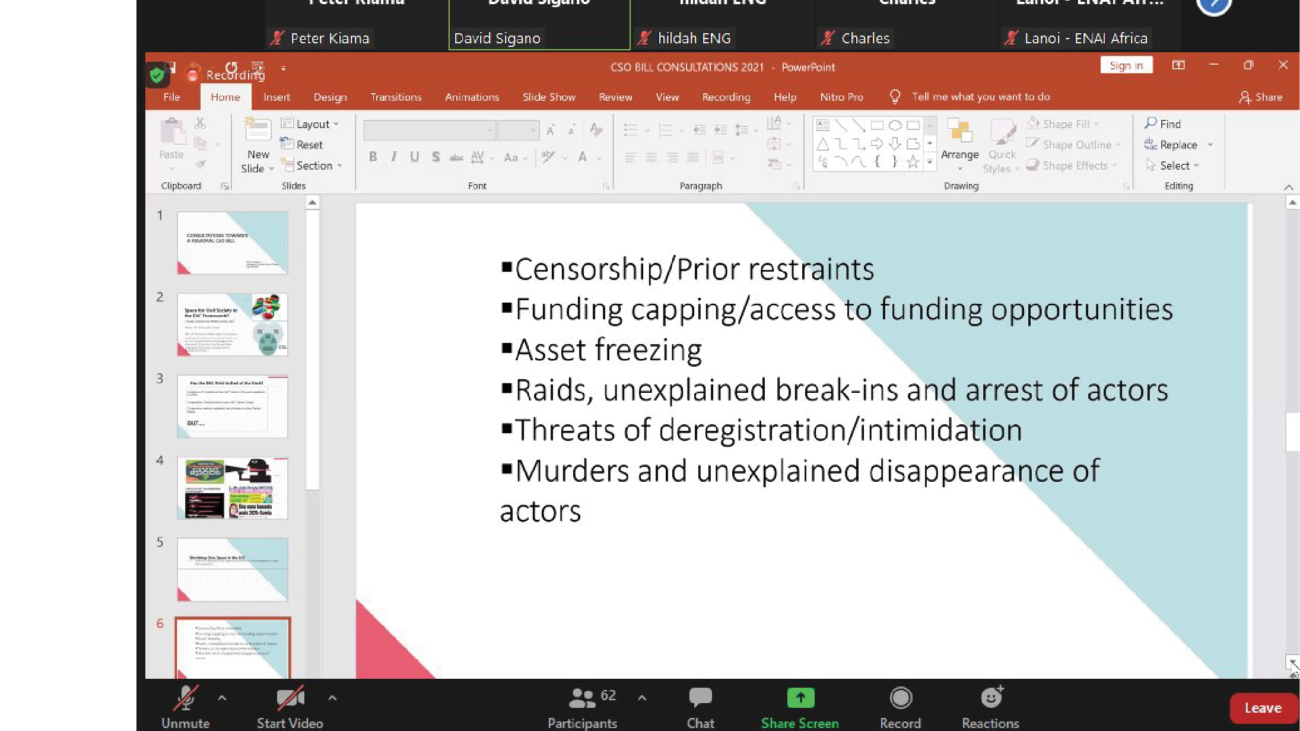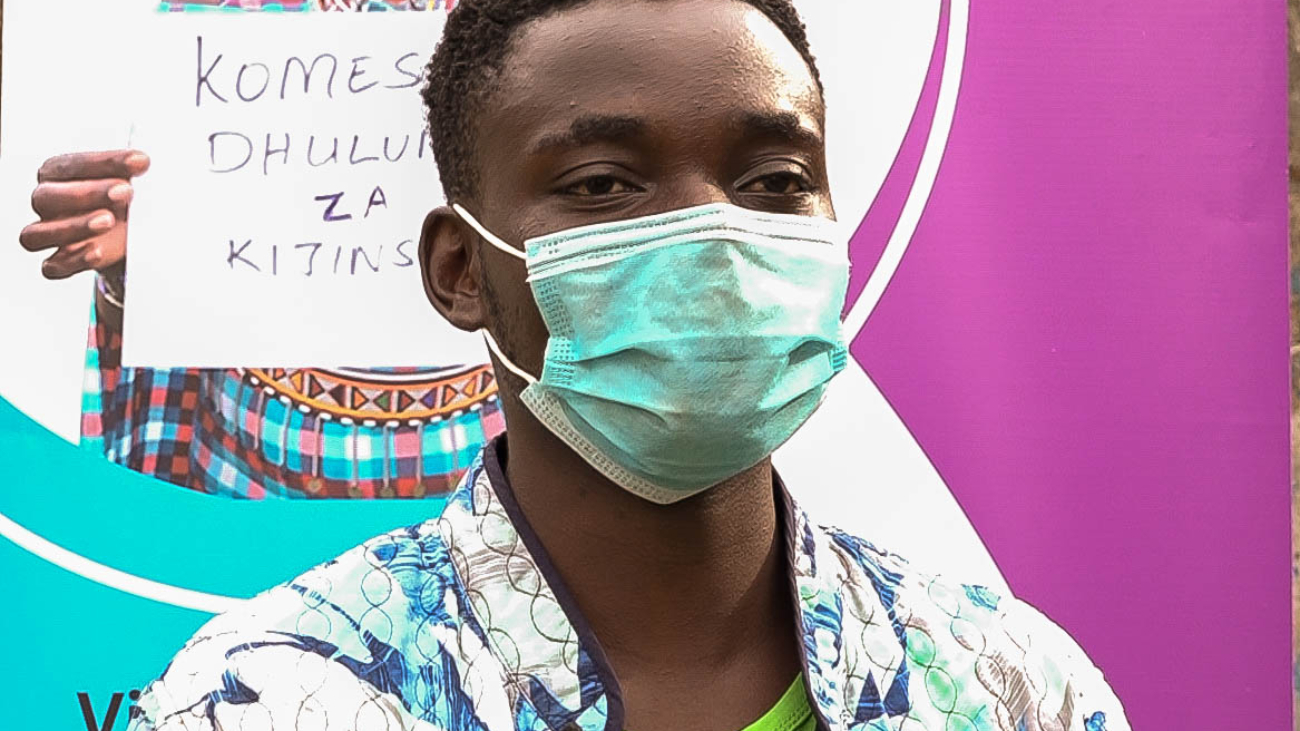Gender-Responsive Budgeting in times of Covid-19: Kenya and the UK
Masheti Masinjila, Executive Director, Collaborative Centre for Gender and Development (Kenya)
Ebyan Abdirahman, Early Career Network Coordinator, Women’s Budget Group (UK)
This blog is written as part of joint work between the Collaborative Centre for Gender and Development (Kenya) and the Women’s Budget Group (UK). It falls under the WBG’s Global Partnerships and Learning programme, in which WBG collaborates with civil society organisations around the world to support them in engaging effectively in dialogue with their governments to develop policies and allocate resources in ways that improve the lives of women, with an emphasis on the most marginalised women. WBG is pleased to be working with the Collaborative Centre for Gender and Development (CCGD) as it works to reinvigorate the Kenya Gender Budgeting Network (KGBN).
The effects of Covid-19 on inequalities continue to unfold in 2021 across the world. The pandemic has exposed the inadequacy of many of our social, political and economic systems, with measures set out by governments to curb the level of damage exacerbating existing inequalities in many cases. Research conducted by UNDP and UN Women shows that many governments’ budget measures in response to Covid-19 are lacking a gender perspective, often failing to address the issues of women’s economic insecurity and unpaid care.
Gender-responsive budgeting and why it’s important
Gender-Responsive Budgeting (GRB) focuses on integrating a gender perspective in government planning and budgeting. It assesses the impacts policies have on inequalities between women and men, and is used in order to promote policies that will lead to greater equality. GRB is not a specific budget for women, but instead is used to advocate for a better distribution of existing funds that services both men and women equally. It is a process of assessing and changing budgetary processes and policies to meet the needs of all.
Budgets are a comprehensive reflection of a government’s social and economic priorities. Engaging with the budget is a crucial step in eliminating gender inequality because the process helps to reveal the extent to which budgets are reducing, worsening or perpetuating inequalities between men and women.
GRB is an ongoing process that has the potential to positively impact all our lives and offers a pathway towards transforming social norms and addressing inequalities through more equitable distribution of resources.
Gender-responsive budgeting in the UK and Kenya
Local or national governments in a range of countries have already adopted gender-responsive budgeting practices. For example, since 2009, Austria has had a constitutional requirement for gender budgeting for all levels of government. This requires each chapter within the Annual Budget Statement to have outcome objectives, with at least one objective directly addressing gender equality.
In the UK, there are laws requiring equalities impact analysis of economic policies in Scotland, Wales and England, and public authorities in Northern Ireland are required to have due regard to the need to promote equality of opportunity across a range of groups. However, this analysis is often not conducted adequately, if at all, and policies are frequently not changed to mitigate adverse impacts. For example, the UK government did not change its austerity policy in the period 2010–19 despite evidence of its disproportionately negative impact on women and on Black, Asian and Minority Ethnic women in particular. Faced with this lack of gendered analysis from public authorities, civil society organisations such as the Women’s Budget Group have taken the lead in conducting analysis, while lobbying the government and advocating for policy change.
In Kenya, civil society advocacy on gender-responsive budgeting started in the 1990s, led by the Collaborative Centre for Gender and Development (CCGD) and supported by donors. CCGD targeted the budgeting office at the Ministry of Finance for capacity building on GRB and pushed to hold the government to account for its obligations around gender equality. Through these efforts, the Kenya Gender Budget Network (KGBN) was established, bringing together government policy makers, donors and CSOs to coordinate analysis of the national budget and development of budget tools.
To date, there has been no significant change in the budget-making process in Kenya. The major focus has been on research, advocacy and skilling in GRB. What we have primarily seen has been specific but limited budgetary measures that largely involve exclusive allocation of resources towards financing particular needs, such as menstrual products. Allocations to special funds as part of the affirmative measures to reduce inequality by making provisions to social safety nets for marginalised groups such as women and people with disabilities are also pronounced in development plans/policy and budgets particularly since promulgation of the 2010 constitution.
Significant barriers to effective GRB in Kenya include a lack of technical capacity to carry out GRB in the Budget Office and key ministries, and inadequate gender-disaggregated data to support the budget process. The political will to adopt GRB and coordination mechanisms among key players and sectors in the budget process have also been lacking.
COVID-19 and post-pandemic recovery
Over the course of the Covid-19 pandemic in the UK, Women were called upon to increase their unpaid work caring for others, as schools shut down, and risk of infections led to reluctance to send small children to nurseries and frail elderly relatives to care homes. In the UK, the number of unpaid carers has skyrocketed from 4.5 million to 13.6 million.
Women have reported higher levels of psychological distress than men over the pandemic, with working class women being the group hardest hit. Women were twice as likely to be ‘key workers’ than men, with Black, Asian and Minority Ethnic and migrant women overrepresented. Black, Asian and Minority Ethnic women are also overrepresented in both health and social care, with one in five NHS workers being from a BAME group.
At home, many women across the UK saw a rise in unpaid work as schools and nurseries closed. Lack of available support has meant an increased amount of unpaid work and multitasking duties, severely impacting women’s time for paid work. Consequently, 46% of mothers being made redundant said that lack of childcare was a factor in their selection for redundancy.
The UK Women’s Budget Group is calling for a care-led recovery from the pandemic, as part of a broader paradigm shift to create a caring economy. A caring economy is one which prioritises care of one another and the environment in which we live, so that both humans beings and our shared planet can thrive.
In Kenya, Covid-19 has disproportionately affected women and girls directly and indirectly due to socio-gender roles and existing gender power relations in decision-making. Being the primary caregivers at home and accounting for 75% of the health sector workforce, both everyday care plus Covid-19 related care responsibilities have fallen on women and girls.
Increased unpaid care responsibilities have reduced women’s participation in paid work activities and with it their income and exposure to greater economic vulnerability. Women’s labour force participation in Kenya is mostly in the informal sector, which has been adversely affected by lockdown measures, and a lack of social protection for workers in this sector have pushed many low-income women to the limits. Worse still, the already high prevalence of sexual and gender-based violence (SGBV) has increased significantly with the stress in households during restrictions and economic hardships.
Immediate measures must be put in place by the Kenyan government to help alleviate the worst impacts. This includes: ensuring the response addresses women’s and girls’ caregiving burdens and heightened SGBV risks, expanding social protection policies and programs for those who have lost jobs to include undocumented women in the informal Micro, Small & Medium Enterprises (MSME) sector, ensuring the delivery of quality sexual and reproductive health information and services to all, adopting a zero-tolerance policy on SGBV and mobilising maximum resources and measures to prevent and respond to it.
Integrating GRB into the Covid-19 economic recovery packages can help identify and mitigate the gendered impact of the impact with targeting policies and budgets.
Next steps for WBG & CCGD
WBG and CCGD will continue to work together to support awareness, advocacy and action on gender-responsive budgeting, particularly within a post-Covid context. WBG and CCGD will work together to strengthen CCGD’s research capacity and, under the coordination of KGBN, advocacy through multisector committees/working groups in key government sectors. Increasing the institutional capacity of KGBN is key to consolidate and share experiences and good practice in GRB regionally and globally.
There is also potential to strengthen joint North-South advocacy platforms targeting donor and government policies and practices that affect GRB. Budget constraints as a result of conditions imposed as conditions for bilateral as well as funding from multilateral bodies such as the World Bank and IMF, must be monitored, including their impacts on the objectives of GRB. CCGD and other actors in Kenya will continue to hold dialogues with stakeholders with similar interests in the Africa region and beyond through KGBN.
Masheti Masinjila
Ebyan Abdirahman




